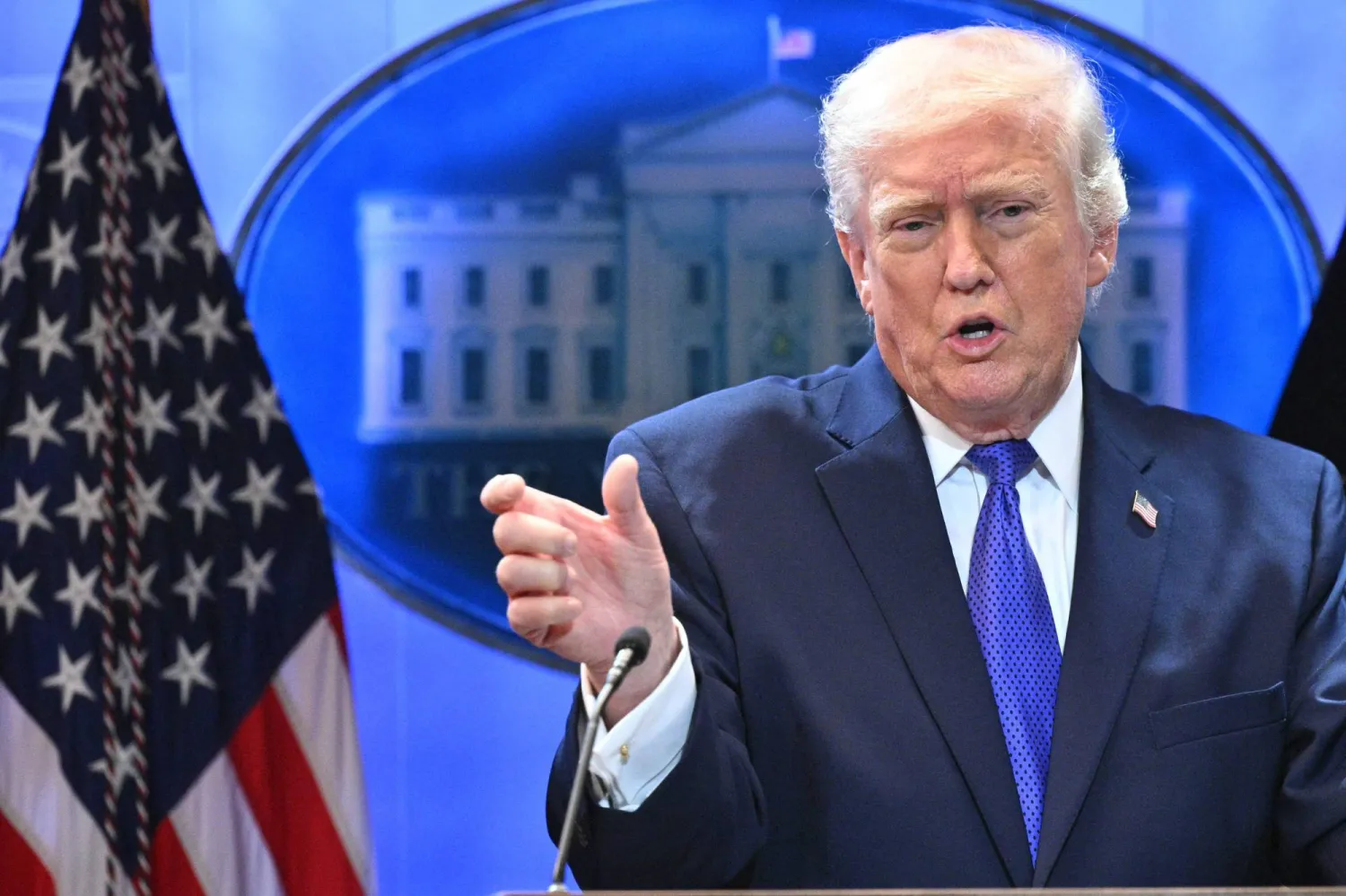More than 370 million girls and women alive today, or one in every eight worldwide, experienced rape or sexual assault before the age of 18, the United Nations children's agency said on Wednesday.
The number rises to 650 million, or one in five, when taking into account "non-contact" forms of sexual violence, such as online or verbal abuse, UNICEF reported, in what it called the first global survey of the problem.
The report said that while girls and women were worst affected, 240 to 310 million boys and men, or around 1 in 11, have experienced rape or sexual assault during childhood.
"The scale of this human rights violation is overwhelming, and it's been hard to fully grasp because of stigma, challenges in measurement, and limited investment in data collection," UNICEF said in releasing the report.
It comes ahead of an inaugural Global Ministerial Conference on Ending Violence Against Children in Colombia next month.
UNICEF said its findings highlight the urgent need for intensified global action, including by strengthening laws and helping children recognize and report sexual violence.
UNICEF said sexual violence cuts across geographical, cultural, and economic boundaries, but Sub-Saharan Africa has the highest number of victims, with 79 million girls and women, or 22 per cent affected. Eastern and South-Eastern Asia follow with 75 million, or 8 percent.
In its data for women and girls, UNICEF estimated 73 million, or 9 percent, were affected in Central and Southern Asia; 68 million, or 14 percent, in Europe and Northern America; 45 million, or 18 percent, in Latin America and the Caribbean, and 29 million, or 15 per cent, in Northern Africa and Western Asia.
Oceania, with 6 million, had the highest number affected by percentage, at 34 per cent.
Risks were higher, rising to 1 in 4, in "fragile settings," including those with weak institutions, UN peacekeeping forces, or large numbers of refugees, the report found.
UNICEF Executive Director Catherine Russell called sexual violence against children "a stain on our moral conscience.”
"It inflicts deep and lasting trauma, often by someone the child knows and trusts, in places where they should feel safe."
UNICEF said most childhood sexual violence occurs during adolescence, especially between ages 14 and 17, and those who suffer it face higher risks of sexually transmitted diseases, substance abuse and mental health issues.
"(T)he impact is further compounded when children delay disclosing their experiences ... or keep the abuse secret altogether," UNICEF said.
It said increased investment in data collection was needed to capture the full scale the problem, given persistent data gaps, particularly on boys’ experiences.
UNICEF said it based its estimates of girls' and women’s experiences on nationally representative surveys conducted between 2010 and 2022 in 120 countries and areas. It said estimates for boys and men were derived from a broader range of data sources and applied some indirect methods.
UNICEF: One in Eight Girls and Women Sexually Assaulted Before Age 18

UNICEF Executive Director Catherine Russell. (United Nations)

UNICEF: One in Eight Girls and Women Sexually Assaulted Before Age 18

UNICEF Executive Director Catherine Russell. (United Nations)
لم تشترك بعد
انشئ حساباً خاصاً بك لتحصل على أخبار مخصصة لك ولتتمتع بخاصية حفظ المقالات وتتلقى نشراتنا البريدية المتنوعة







